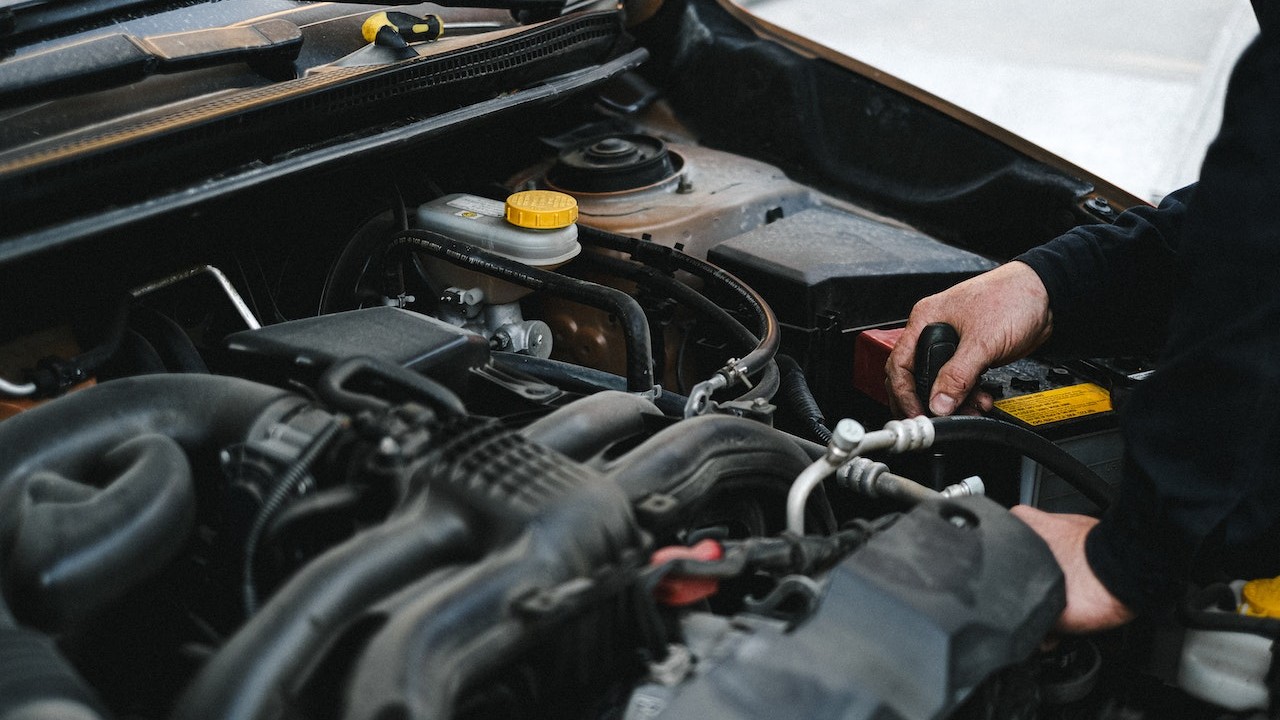3 Signs That Your Sensors Are Malfunctioning
 Photo by Anna Shvets under Pexels License
Photo by Anna Shvets under Pexels License
Take Your Car to a Licensed Mechanic as Soon as You Notice Any of These Signs!
Sensors play a vital role in the performance of your vehicle’s engine. They act as its eyes and ears, transmitting information to the engine control computer and monitoring all of the engine’s functions. They’re also designed to manage throttle control and cruise control.
Several sensors are located beneath your car’s bonnet, and each of them has an important part to play. When one sensor stops working, you’ll notice a difference in your auto’s performance. You’ll find it harder to drive, or worse, the entire system starts to break down, increasing your risk of getting into an accident.
That being said, it’s crucial to know the warning signs before your sensors finally give up on you. Goodwill Car Donations points out the functions of three common car sensors along with the signs that they’re malfunctioning:
- Oxygen sensor
Your car’s oxygen sensor is responsible for measuring the amount of oxygen remaining in the exhaust. It also accounts for altitude, barometric pressure, and ambient/engine temperature to determine whether the engine burns a rich or lean mixture.
A defective oxygen sensor can no longer regulate exhaust gas, ensure efficient fuel combustion, or trigger accurate fuel injection levels. In addition to having subpar performance, it may release harmful pollutants or carbon-based compounds.
Here are the signs of a bad oxygen sensor:
- Continuous failed emissions tests
- Poor engine performance
- Black exhaust fumes
- Misfiring, rough idling, or stalling
- Illuminated check engine light
- Poor fuel economy
- Engine overheating
- The smell of what seems like a rotten egg or sulfur from the exhaust
- Coolant temperature sensor (CTS)
As the name suggests, the coolant temperature sensor is used to measure the temperature of your engine coolant. It maintains the optimal temperature of the engine and prevents it from overheating.
If the CTS fails, it will transmit cold signals to the computer, confusing and stimulating it to enrich the fuel mixture unnecessarily. This can result in several issues, including poor engine performance and overheating.
Signs of a bad coolant temperature sensor:
- The electrical cooling fan doesn’t come on
- Poor mileage
- Trouble starting the car
- Black exhaust fumes
- Illuminated check engine light
- Knock sensor
The knock sensor is a small listening device found in or on the engine that detects sounds and irregular vibrations coming from the engine block. These can be clicking, pinging, or knocking noises. Think of it as the computer’s ear to the engine to identify if it’s working properly.
A faulty knock sensor can cause the engine to produce higher emissions as if it’s running hot. Detonation won’t be regulated correctly, which increases the likelihood of major engine damage.
Signs of a bad knock sensor:
- Loud thumping noise from the engine
- Shaking or vibrating
- Engine misfiring
- Illuminated check engine light
- Poor fuel economy
- Acceleration problems like dragging or jerking
Once you notice that any of your sensors is failing, be sure to consult a professional mechanic right away to avoid further damage. They’ll perform a diagnostic check to determine which sensor isn’t working, after which they’ll decide whether to replace it or simply clean it.
 Photo by Joey Banks under Unsplash License
Photo by Joey Banks under Unsplash License
Use Your Barely Running Car to Transform Lives!
Having malfunctioning sensors may not be a major concern as you can easily get them fixed. However, if your car is experiencing other issues to the extent that having them repaired will cost more than the overall value of your vehicle, then it’s probably best to simply retire it.
Have no regrets though since you can still give that vehicle a new and worthy purpose. That’s when you hand it over to us at Goodwill Car Donations. We’ll use it to uplift the lives of the disadvantaged members of your local community. They are the men and women who are suffering from disabilities, lack of education, job experience, or essential skills, and other limiting personal issues, such as being a former inmate or having a welfare mentality.
Our team will have your vehicle fixed before auctioning it off. We’ll then turn over the proceeds to the Goodwill organizations serving your area. These IRS-approved 501(c)(3) nonprofits are dedicated to helping disadvantaged individuals, using the funding we give them to sustain their delivery of life-enhancement services to their beneficiaries.
Thanks to your donation, your local Goodwill chapters will be able to provide more deserving people with job and skills training, employment opportunities, scholarships, livelihood assistance, disability benefits, family support, educational services, financial assistance, and other essential support services.
You’ll also benefit from your charitable contribution since it will entitle you to claim the maximum tax deduction in the next tax season. Plus, we’ll provide you with our free professional pickup and towing service at your convenience anywhere in the country.
We accept almost all types of vehicles, including those that are no longer in good condition. Visit this page to learn what else you can contribute aside from standard cars.
For more information about our vehicle donation program, including our quick and easy donation process, head over to our FAQs page. If you have questions or concerns, feel free to send them here or call us at 866-233-8586. We’ll be more than happy to address them.
Reach Out to Your Less Fortunate Neighbors Today!
You can impact the lives of your less fortunate neighbors with your vehicle donation. It will help them achieve a better quality of life while spurring growth and progress in your community. Call Goodwill Car Donations at 866-233-8586 or fill out our secure online donation form now!
Last Updated: March 8th, 2023